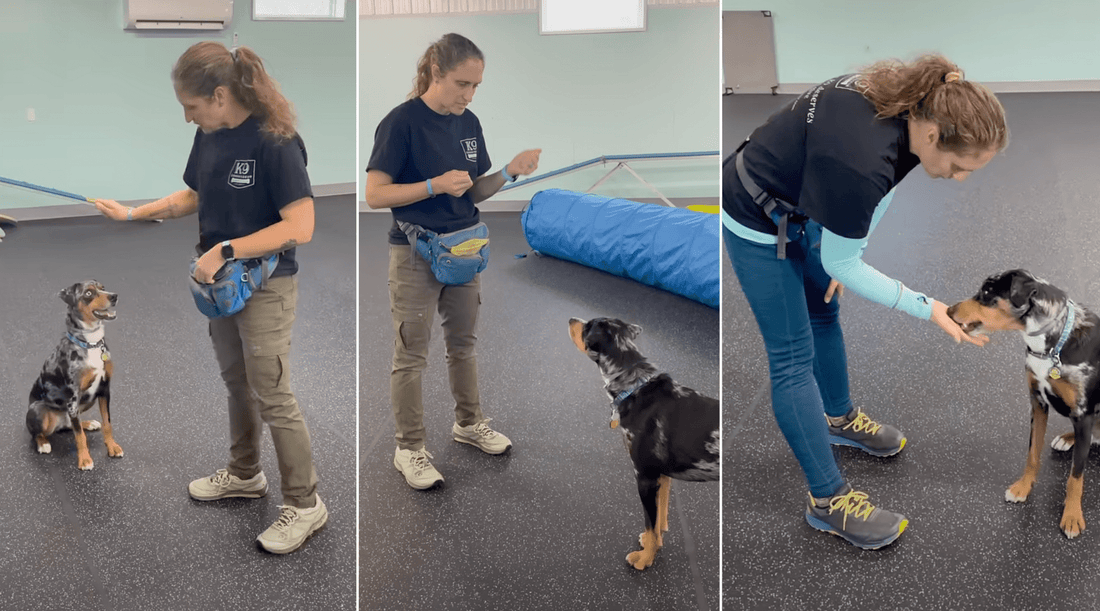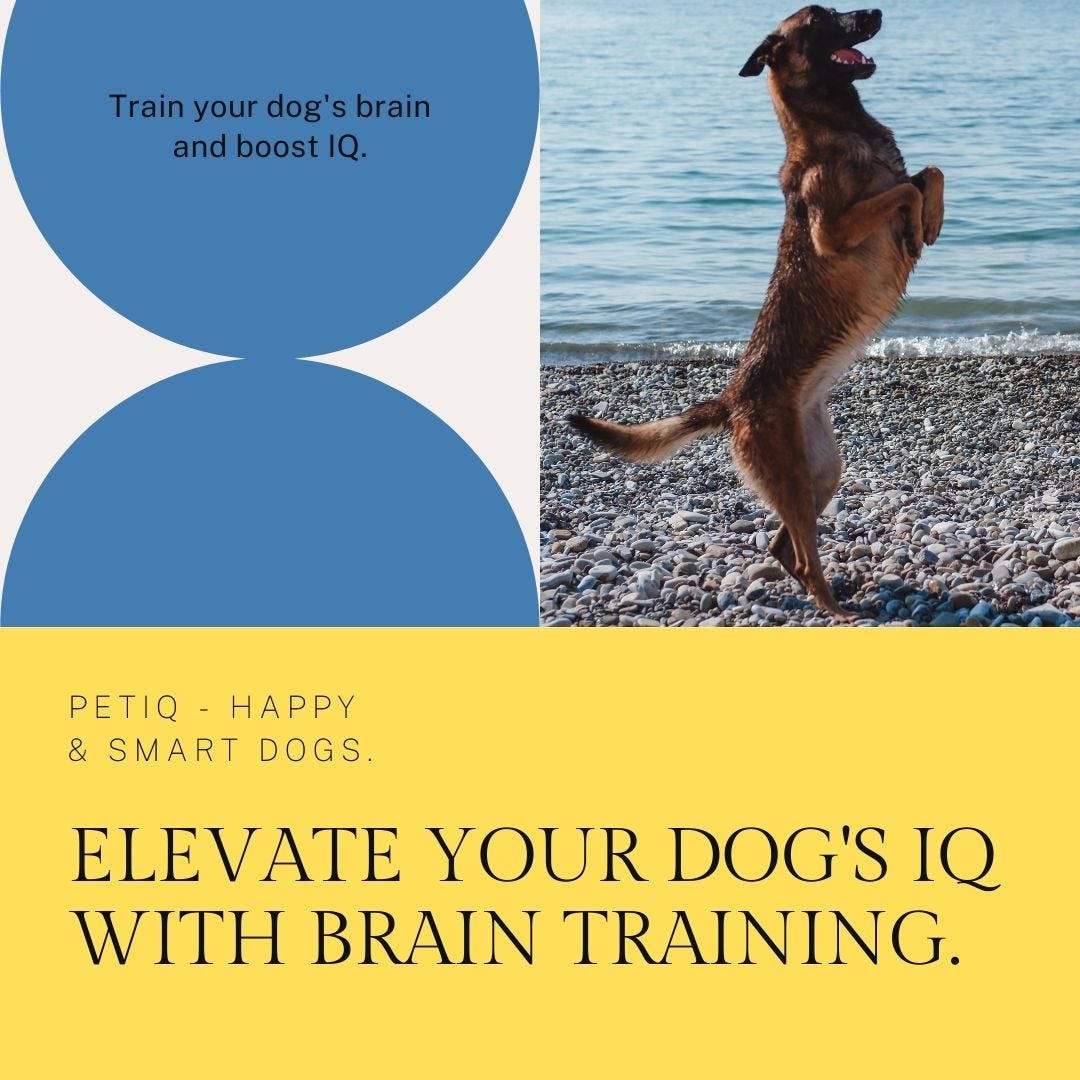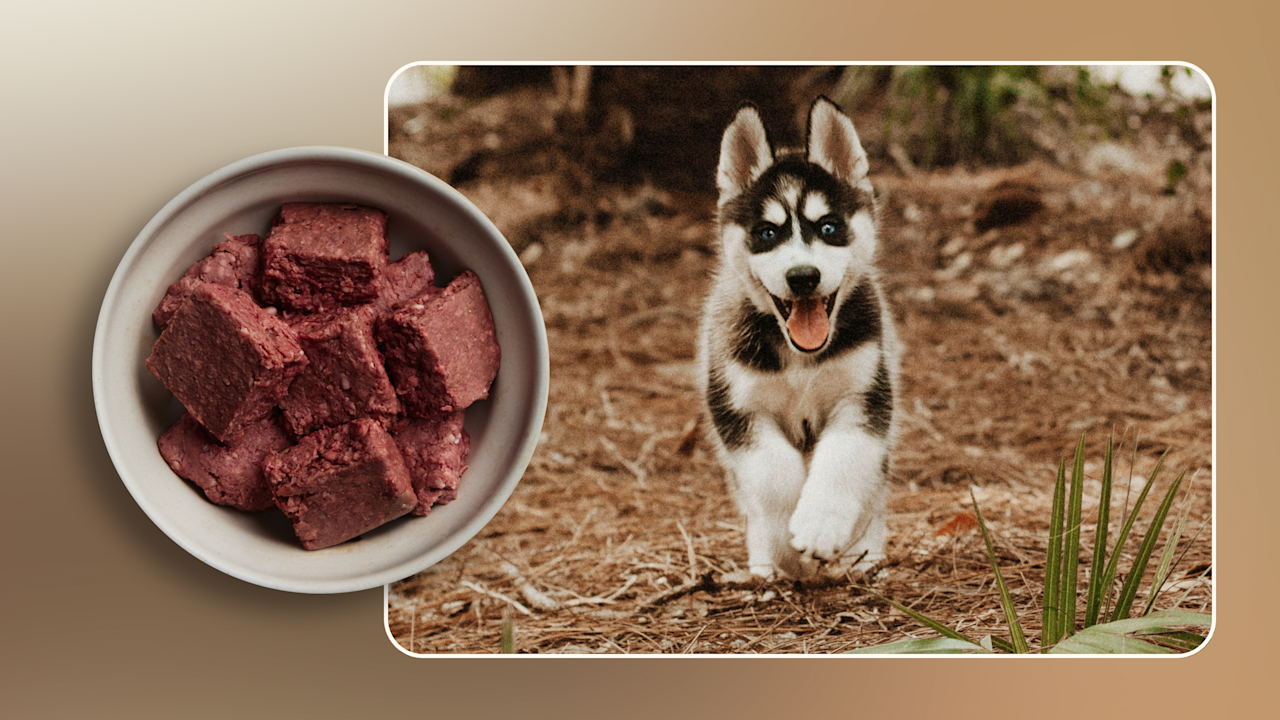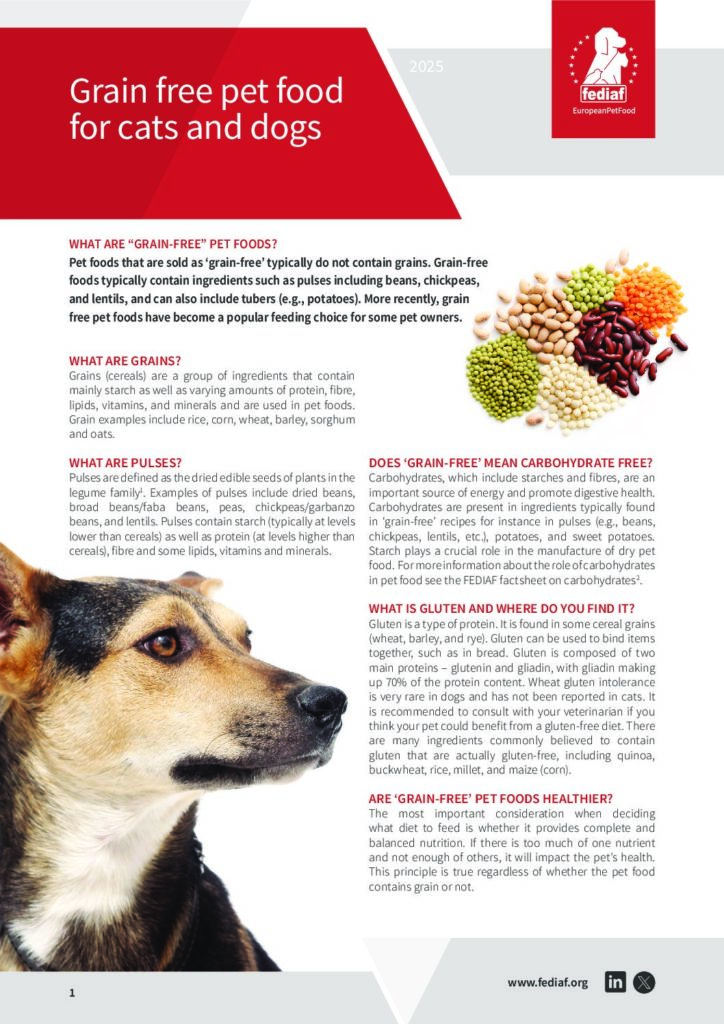You want the best for your dog, right? That means making sure your furry friend gets the right nutrition every day.
But what exactly do dogs need to stay healthy and full of energy? It can be confusing with so many opinions and products out there. This guide will clear things up for you. By the end, you’ll know exactly what your dog needs on their plate to live a happy, strong life.
Keep reading, because your dog’s health depends on it!
Basic Nutritional Needs
Dogs need a balanced diet to stay healthy and active. Their bodies require specific nutrients to support growth, repair, and daily functions. Basic nutritional needs include proteins, carbohydrates, fats, vitamins, and minerals. Each nutrient plays a vital role in maintaining your dog’s well-being.
Proteins And Amino Acids
Proteins are the building blocks for muscles, skin, and organs. Dogs need high-quality proteins from meat, fish, or eggs. Amino acids, the components of proteins, help repair tissues and support the immune system. Some amino acids are essential, meaning dogs must get them from their food.
Carbohydrates And Fiber
Carbohydrates provide energy for daily activities. Sources include grains, vegetables, and fruits. Fiber aids digestion and helps keep the bowel healthy. It also controls blood sugar levels and prevents constipation. A balanced amount of carbohydrates and fiber supports overall gut health.
Fats And Fatty Acids
Fats supply concentrated energy and help absorb vitamins. Essential fatty acids like omega-3 and omega-6 maintain healthy skin and coat. They also support brain function and reduce inflammation. Including good fats in your dog’s diet is important for long-term health.
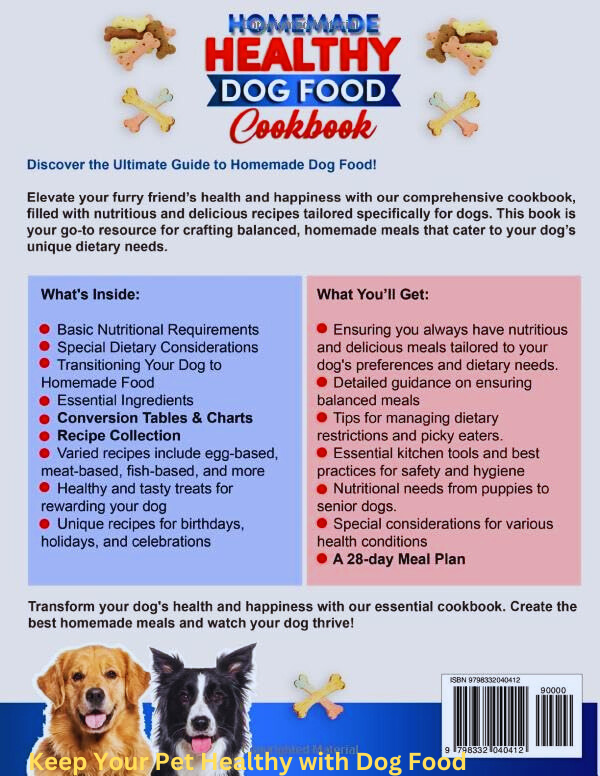
Credit: medium.com
Vitamins And Minerals
Vitamins and minerals play a crucial role in keeping your dog healthy and active. These nutrients support everything from immune function to bone strength. Understanding what your dog needs can help you provide the best diet possible.
Essential Vitamins
Dogs require several vitamins to maintain their health. Vitamins A, D, E, and K are fat-soluble and support vision, bone health, and blood clotting. Water-soluble vitamins like B-complex and C help with energy production and healing.
Without enough vitamin A, your dog might struggle with poor eyesight or skin problems. Vitamin D is key for calcium absorption, which keeps bones strong. Vitamin E acts as an antioxidant, protecting cells from damage.
- Vitamin A:Supports vision and skin health.
- Vitamin D:Maintains bone strength.
- Vitamin E:Protects cells from damage.
- B Vitamins:Aid in energy and metabolism.
Key Minerals
Minerals like calcium, phosphorus, and potassium are vital for your dog’s overall well-being. They help with muscle function, nerve signals, and building strong teeth and bones. Too much or too little of these minerals can cause health issues.
Calcium is especially important for puppies during growth, but adults need it too. Phosphorus works alongside calcium to keep bones healthy. Potassium helps muscles contract and supports the heart.
| Mineral | Role in Dog’s Body | Signs of Deficiency |
|---|---|---|
| Calcium | Bone and teeth development | Weak bones, fractures |
| Phosphorus | Bone strength, energy metabolism | Muscle weakness, poor growth |
| Potassium | Muscle function, nerve signals | Muscle cramps, lethargy |
Have you ever checked if your dog’s food provides enough of these vitamins and minerals? Your vet can help you figure out if a supplement is necessary. Paying attention to these details can make a big difference in your dog’s health and happiness.
Hydration Requirements
Water plays a vital role in a dog’s health. Dogs need enough water daily to stay active and healthy. Hydration affects every part of their body, including digestion, temperature control, and joint function. Without enough water, dogs risk serious health problems. Fresh, clean water should always be available to them.
Importance Of Water
Water helps carry nutrients to cells and removes waste. It keeps dogs cool through panting and sweat glands in their paws. Proper hydration supports healthy skin and a shiny coat. Water also aids digestion and helps prevent constipation. Dogs lose water by breathing, panting, and urinating. Drinking enough water replaces this loss and keeps their body balanced.
Signs Of Dehydration
Dehydration can be dangerous if not noticed early. Watch for these signs in your dog:
- Dry or sticky gums
- Sunken eyes
- Loss of skin elasticity
- Lethargy or weakness
- Excessive panting
- Reduced urination
Gently pinch the skin on the back of your dog’s neck. If it does not quickly return to place, dehydration is likely. Quick action can prevent serious health issues.

Credit: www.instagram.com
Age And Size Considerations
Understanding your dog’s nutritional needs means paying close attention to their age and size. These factors dramatically influence the kind of food, portion sizes, and nutrient balance they require. Ignoring these can lead to health issues or stunt their growth and energy levels.
Puppies Vs. Adult Dogs
Puppies need food rich in protein and fat to support their rapid growth and high energy demands. Their meals should also be packed with vitamins and minerals like calcium and phosphorus for strong bones and teeth. Adult dogs, on the other hand, require fewer calories but still need balanced nutrients to maintain muscle and support overall health.
Think about your own experience: a growing puppy bouncing around needs more fuel than a calm adult dog lounging at home. Feeding a puppy adult dog food might slow their development, while giving an adult dog puppy food can cause unwanted weight gain.
Small Breeds Vs. Large Breeds
Small breed dogs burn energy faster and have higher metabolism rates, so they need calorie-dense food to keep up. Their meals are often smaller but more frequent to prevent hypoglycemia (low blood sugar). Large breeds grow slower and need a diet that supports steady growth to avoid joint and bone problems.
Large breed puppies benefit from food with controlled calcium and phosphorus levels to protect their developing skeletons. Small breeds thrive on nutrient-packed kibble that supports their fast-paced lifestyle. Have you noticed how your tiny dog seems to eat more often but less at a time compared to a bigger dog? That’s exactly why their feeding routine matters.
Dietary Preferences And Allergies
Dogs have unique dietary preferences and possible allergies that affect their health. Understanding these needs helps maintain their well-being. Some dogs prefer certain textures or flavors, while others may reject foods easily. Allergies can cause discomfort and serious health issues.
Common Food Allergies
Many dogs suffer from food allergies. These allergies often come from:
- Beef
- Chicken
- Dairy
- Wheat
- Soy
- Eggs
Symptoms include itching, skin redness, digestive upset, and ear infections. Allergies may develop at any age. Identifying the allergen is important to avoid it. Food trials under vet supervision can help find triggers.
Choosing The Right Diet
Selecting the right diet supports a dog’s health and comfort. Consider these factors:
- Age and size
- Activity level
- Allergy history
- Specific health conditions
Hypoallergenic diets or limited ingredient foods reduce allergy risks. Fresh, balanced meals improve digestion and energy. Always introduce new foods gradually to monitor reactions. Regular vet check-ups guide proper nutrition choices.

Credit: www.houndsy.com
Special Dietary Needs
Dogs have unique nutritional needs that change as they grow and live different lifestyles. Some dogs require special diets to maintain their health and energy levels. Understanding these specific needs can help you make better choices for your furry friend’s food.
Senior Dogs
As dogs age, their metabolism slows down, and their activity levels often drop. This means they need fewer calories but more nutrients that support joint health and digestion.
Look for dog food that includes:
- Glucosamine and chondroitin for joint support
- Fiber to aid digestion
- Moderate protein to maintain muscle mass without overloading the kidneys
Have you noticed your older dog struggling to get up or losing interest in playtime? Adjusting their diet can ease these issues and improve their quality of life.
Active And Working Dogs
Dogs that spend a lot of time running, training, or working need higher energy intake. Their diet should be rich in protein and fats to fuel muscles and endurance.
Focus on foods that provide:
- High-quality protein sources like chicken, beef, or fish
- Healthy fats for sustained energy
- Electrolytes to replace what they lose through sweat
If your dog is constantly on the move, think about how their meals can support recovery and stamina. Have you tried adjusting meal portions or switching to performance formulas to see the difference?
Quality Of Dog Food
The quality of dog food directly impacts your pet’s health and happiness. Not all dog foods are created equal, and understanding what makes a food high-quality can help you make better choices. Your dog deserves nutrients that support their energy, coat, digestion, and overall well-being.
Reading Labels
Labels can be confusing, but they hold valuable clues about the food’s quality. Look for real meat or named protein sources (like chicken or beef) listed as the first ingredient. Avoid foods with vague terms like “meat meal” or “animal by-products” because these can vary widely in nutritional value.
Check for added vitamins and minerals to ensure the food meets your dog’s daily nutritional needs. Ingredients such as corn, wheat, and soy are common fillers that some dogs may not digest well. Have you noticed how your dog reacts after eating certain foods? Their energy levels and digestion can guide your choices.
Homemade Vs. Commercial Food
Deciding between homemade and commercial food depends on your lifestyle and your dog’s specific needs. Homemade meals give you control over ingredients and freshness, but require knowledge to balance nutrients correctly. Without proper guidance, homemade diets risk missing essential vitamins or minerals.
Commercial foods, especially those with AAFCO approval, are formulated to meet nutritional standards. However, quality varies widely between brands and formulas. Think about your daily schedule: can you consistently prepare balanced meals, or would a trusted commercial option provide more reliability?
Whether you choose homemade or commercial, always prioritize nutrient balance. Your dog’s health depends on it more than on trends or convenience.
Supplements For Dogs
Supplements for dogs can support their health when regular food doesn’t cover all needs. They can fill gaps in nutrition or help with specific health issues. Choosing the right supplement depends on your dog’s age, breed, and health condition. Always talk to a vet before starting any supplement.
When To Use Supplements
Supplements become useful if dogs have special health needs. Older dogs may benefit from joint support supplements. Puppies might need extra vitamins for growth. Dogs with allergies or digestive problems sometimes need digestive enzymes or probiotics. Supplements can also help dogs recovering from illness or surgery. Use supplements only if a vet suggests them.
Popular Supplement Types
- Omega-3 Fatty Acids:Help with skin, coat, and brain health.
- Glucosamine and Chondroitin:Support joint health and reduce arthritis pain.
- Probiotics:Improve digestion and boost immune function.
- Multivitamins:Fill nutritional gaps in diet.
- Fiber Supplements:Aid in digestion and regulate bowel movements.
- Antioxidants:Protect cells and promote healthy aging.
Frequently Asked Questions
What Are Essential Nutrients Dogs Need Daily?
Dogs need proteins, fats, carbohydrates, vitamins, and minerals daily. Proteins support muscle growth, fats provide energy, and vitamins aid bodily functions. A balanced diet ensures overall health and vitality.
How Much Protein Should Dogs Consume?
Dogs require about 18-25% protein in their diet. Protein supports muscle maintenance and repair. Active or growing dogs may need higher amounts for optimal health.
Can Dogs Eat Carbohydrates Safely?
Yes, dogs can digest carbohydrates like rice and oats. Carbs provide energy and fiber for digestive health. However, carbs should be balanced with proteins and fats.
Why Are Fats Important In A Dog’s Diet?
Fats supply energy and essential fatty acids. They support skin health, brain function, and absorption of vitamins. Healthy fats are vital for a dog’s overall wellness.
Conclusion
Dogs need a balanced diet to stay healthy and happy. Proteins, fats, vitamins, and minerals help their bodies work well. Fresh water is just as important. Feeding them the right food supports energy and strong muscles. Avoid giving harmful or spoiled foods.
Watch your dog’s weight and adjust meals as needed. Good nutrition helps prevent sickness and boosts their life quality. Caring for your dog’s diet shows love and keeps tails wagging. Simple steps make a big difference in your dog’s well-being.

